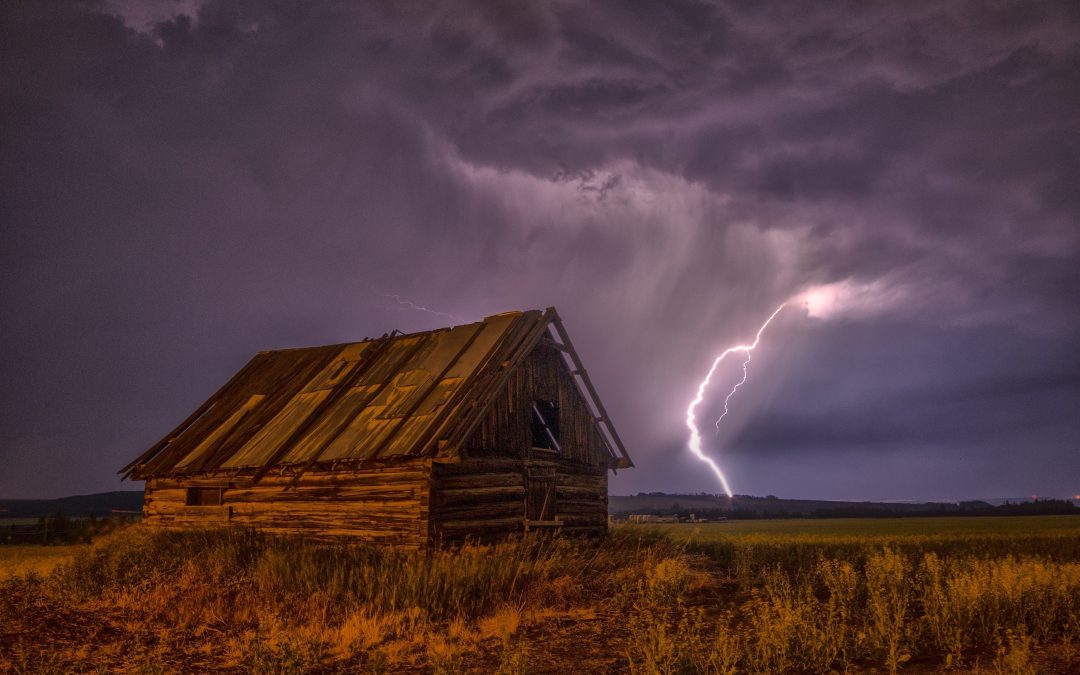What If The Mortgage Valuer ‘Downvalues’ The Property?
One of the most common problems with mortgage valuations is when the surveyor doing the valuation for your bank or building society values the property lower than the agreed purchase price.
The reason this can cause problems is because the size of mortgage the bank is prepared to lend is expressed as a percentage of the purchase price or the valuation, whichever is the lower.
So if the property is valued lower than the agreed price, this ‘loan-to-value’ (LTV) ratio will effectively increase in relation to this lower value. Once LTV ratios rise above about 75 per cent they are regarded by lenders as higher risk, and you may get stung with a higher mortgage rate or an expensive ‘higher lending charge’. Should this happen to you, there are a number of options to consider.
First, it’s entirely possible that a ‘downvaluation’ is correct. The price you’ve agreed to pay may be way over the odds, given the location or condition of the property. The surveyor may have spotted expensive defects of which the estate agent and seller are blissfully unaware. So this could turn out to be a blessing in disguise, justifying a reduction in price and saving you money. But ham-fisted attempts at price renegotiation between buyers and sellers at this stage can spark troublethat ultimately cause the deal to fall apart.
Alternatively you could bring the LTV ratio back into balance by reducing the amount being borrowed, but that could mean having to find more money for the deposit.
For example, if you’re buying a house for £250,000 with a 90 per cent loan of £225,000, you will have to finance a deposit of £25,000. But if the surveyor values it at £230,000, a 90 per cent loan will only provide £207,000, so to make up the balance of the £250,000 purchase price you will need a larger deposit of £43,000 – a substantial increase (unless you renegotiate the price).
The other alternative is to take the bull by the horns and challenge the valuation. But bear in mind that surveyors don’t just pluck figures out of thin air. They need to justify valuations with supporting evidence of at least three recent comparable sales, adjusted to reflect the subject property’s condition, location and size as well as current market trends.
Click here to check what similar properties actually sold for in the same street or postcode
Valuing, however, is not an exact science, and surveyors operate within a margin of error, generally not downvaluing within five per cent of the agreed sale price. So suppose you’ve agreed to pay £200,000, and the surveyor actually thinks the place is only worth £194,000 (ie three per cent less); they would normally give it the benefit of the doubt and round it up.
Coming up with an accurate valuation is clearly a lot easier where the adjoining streets are stocked with dozens of virtually identical houses. Problems are more likely to arise with unusual ‘one-off’ properties, or where an especially high price has been agreed, and a lack of good sales evidence may encourage the surveyor to adopt a cautious approach resulting in a lower valuation.
To challenge a valuation retrospectively, you normally need to come up with some compelling sales evidence that supports a higher value.
In most cases the surveyor should be willing to reopen the case and consider fresh evidence, revising the valuation if necessary. The seller’s estate agent should be able to assist.
At worst you might be able to persuade the mortgage lender to instruct another valuation from a different locally-based surveyor in the hope that they may come up with a more optimistic figure – but there’s no guarantee this would actually achieve a different result.
Click here to check what similar properties actually sold for in the same street or postcode
Our next blog – coming soon …….
What if your bank keeps a some of the mortgage money back as a retention?
Check out our Rightsurvey blog page for more industry tips and secrets written by property professionals to help put you in control.



